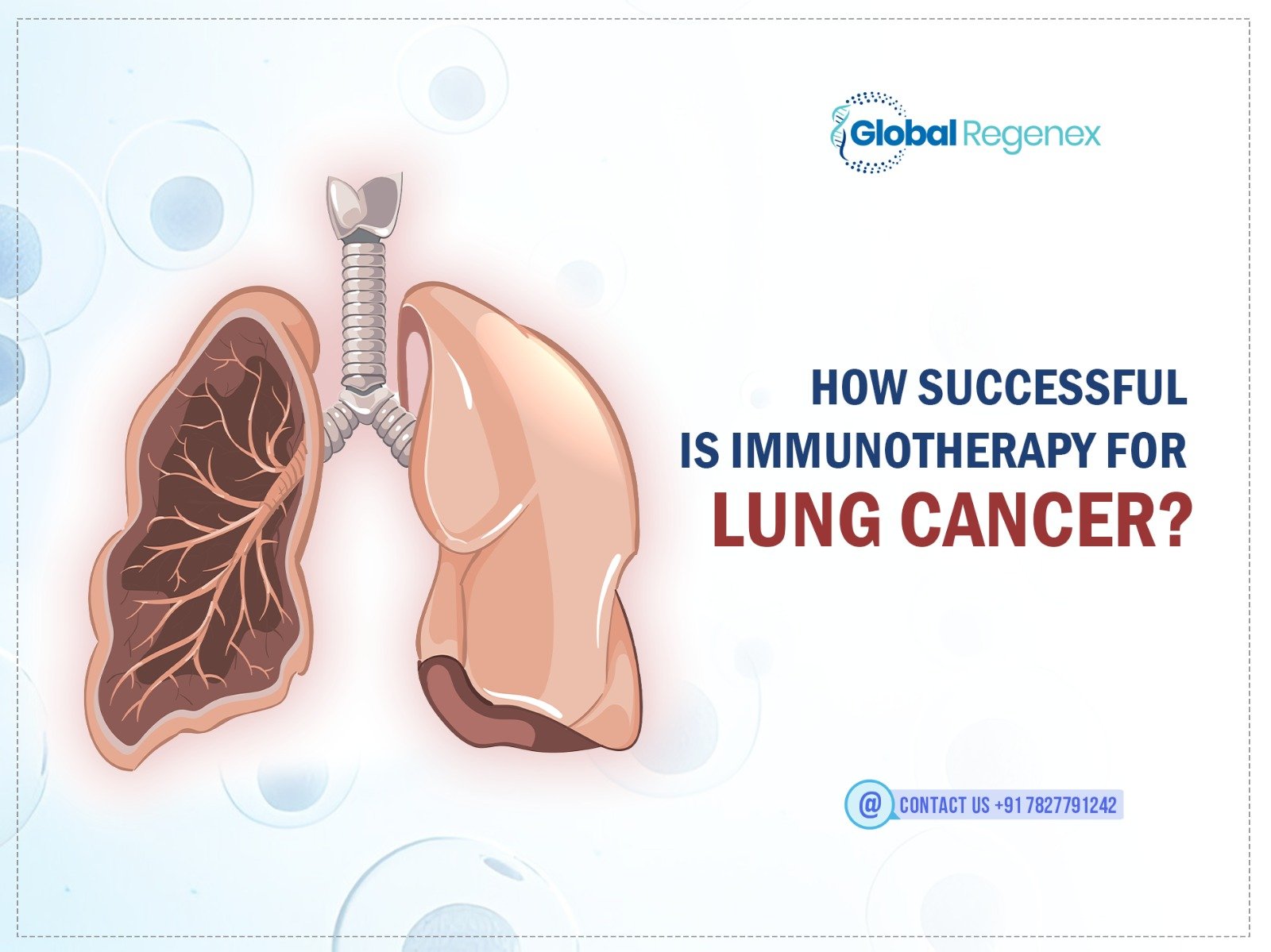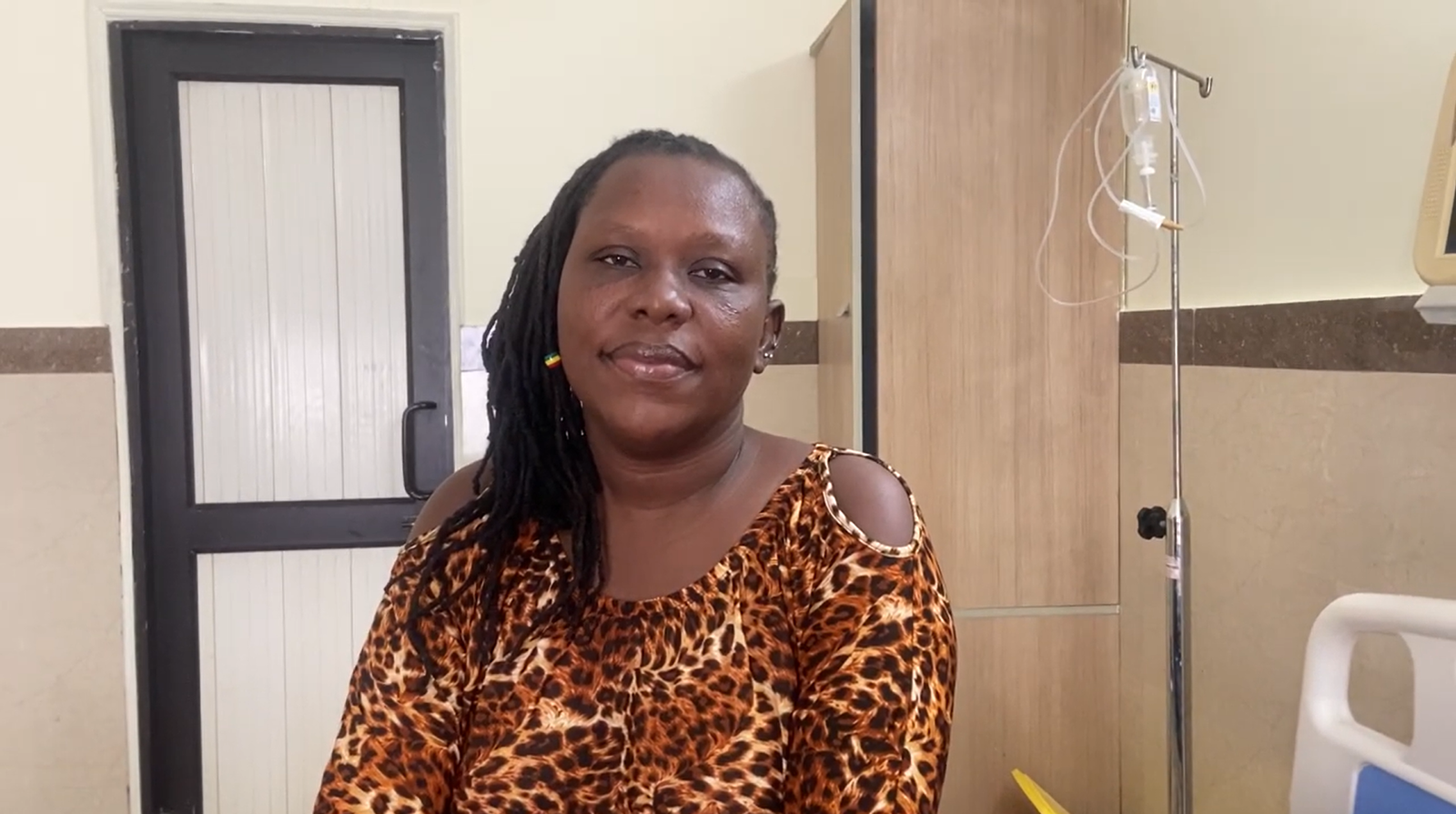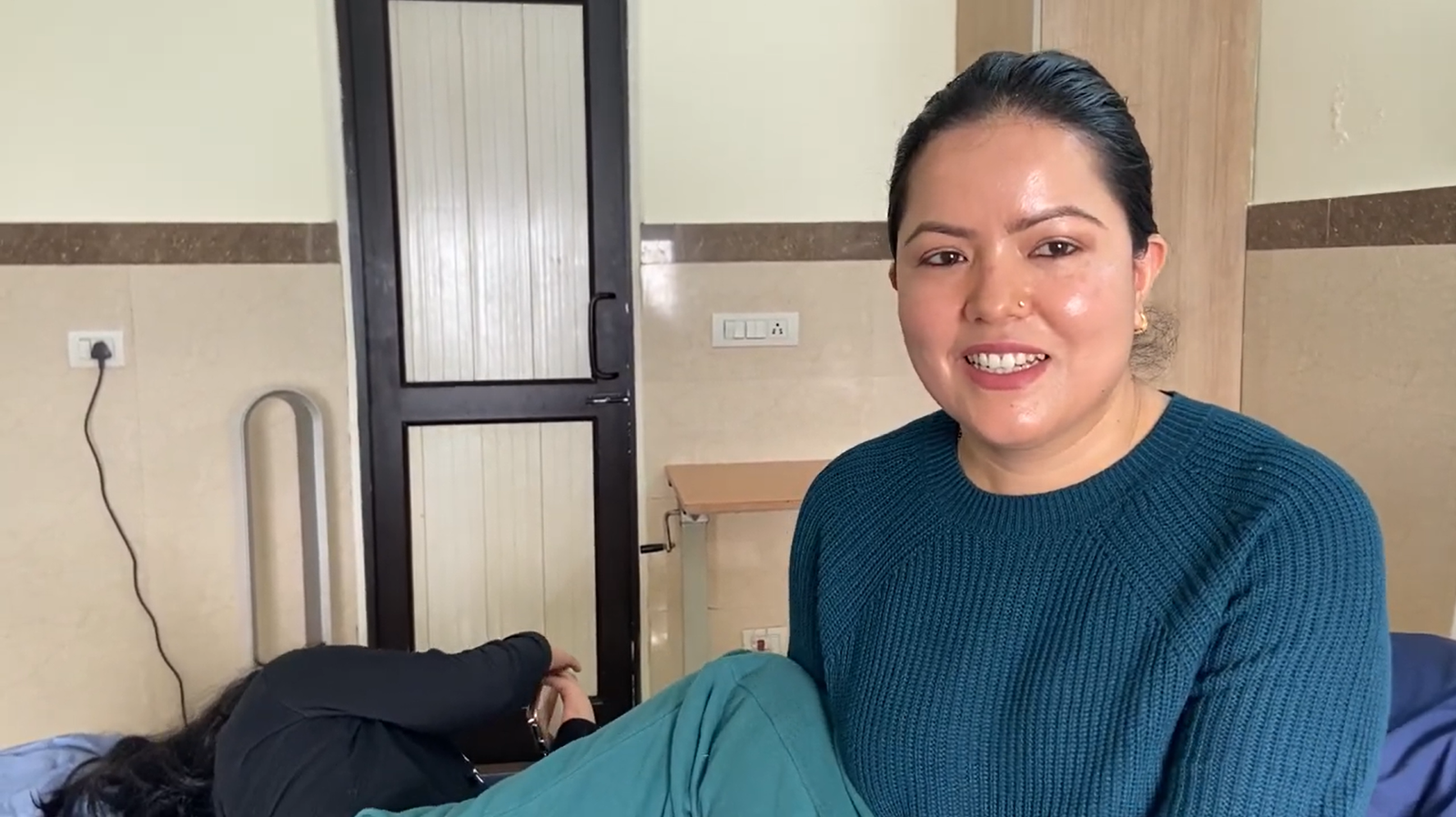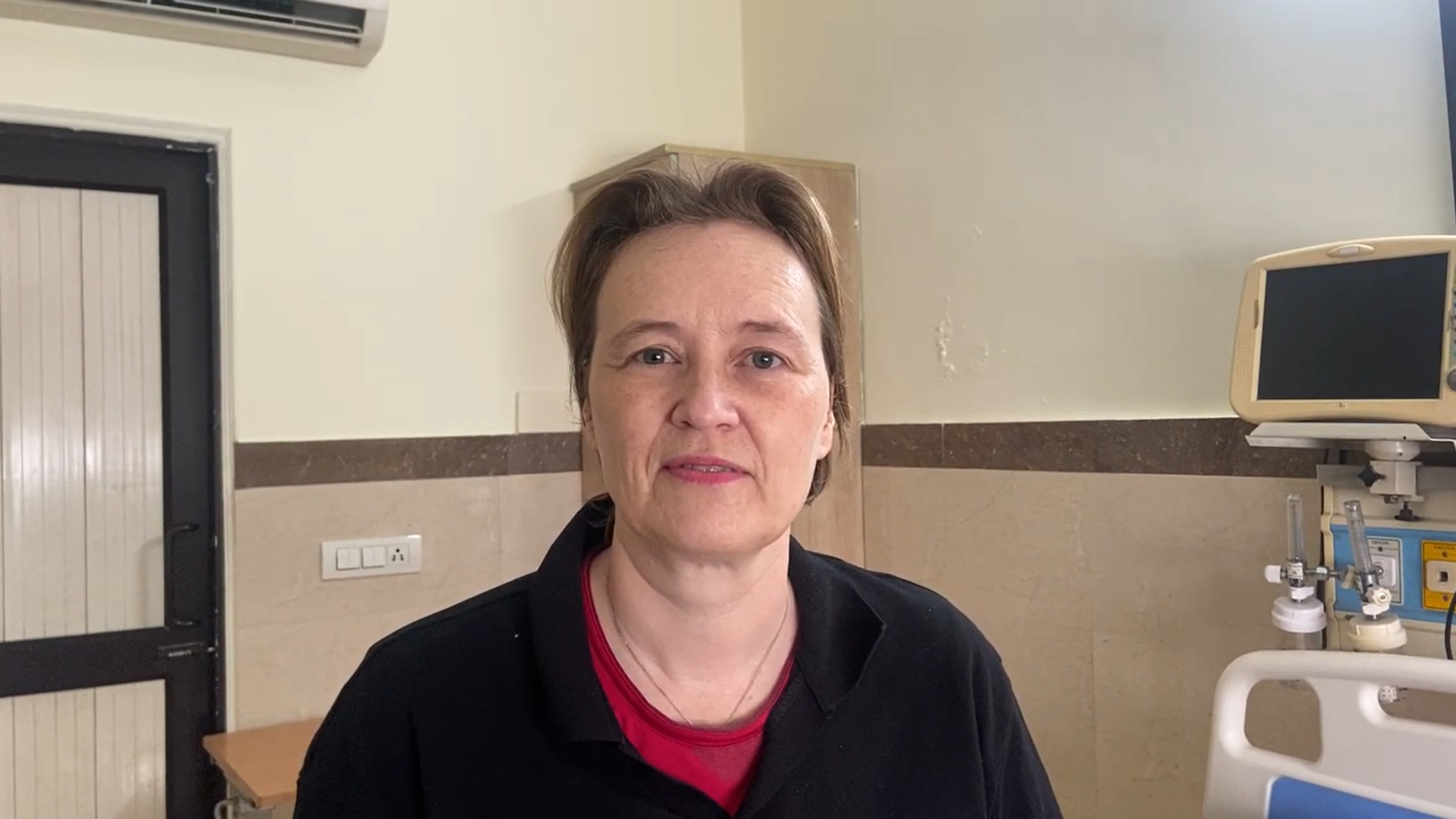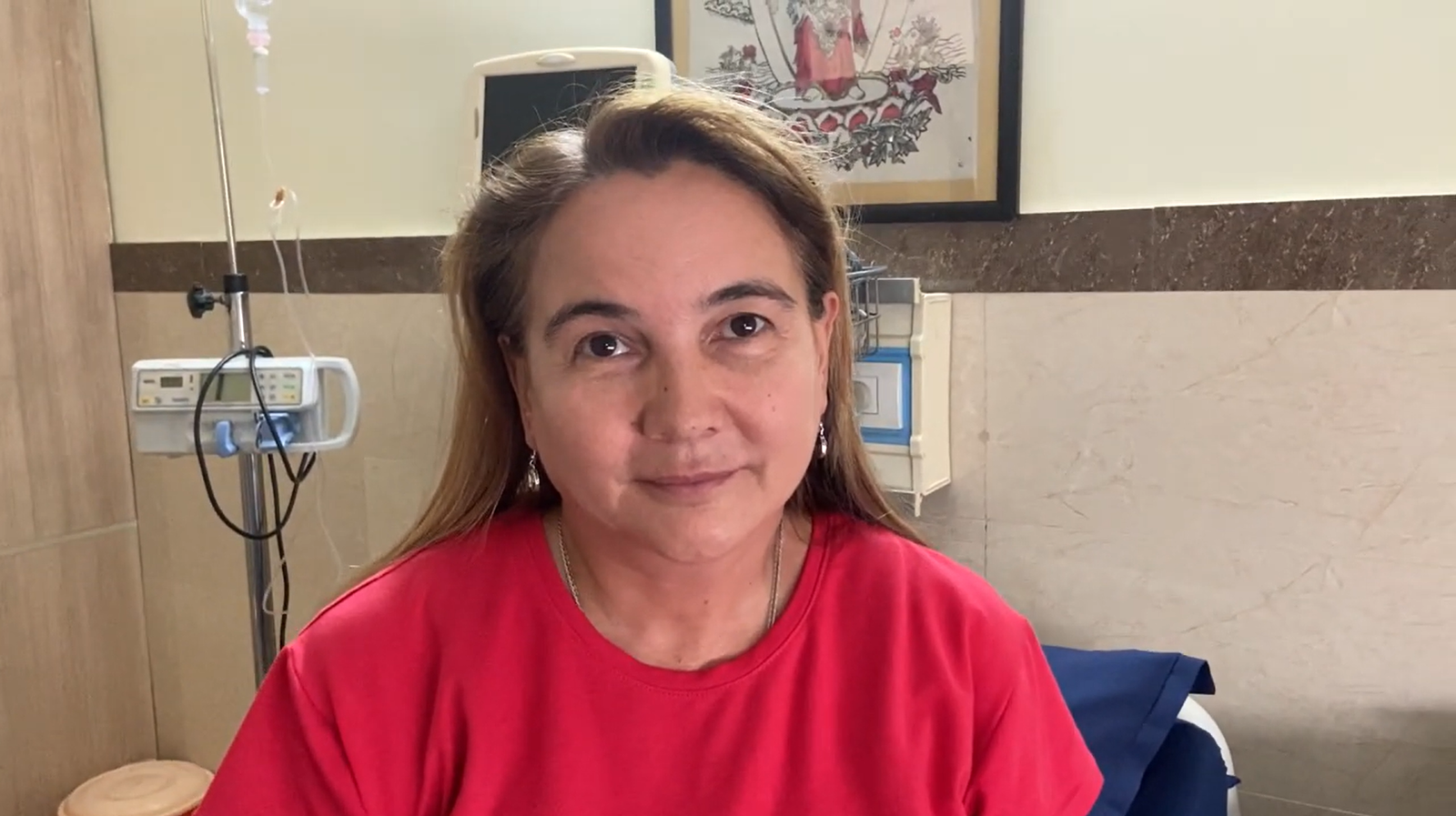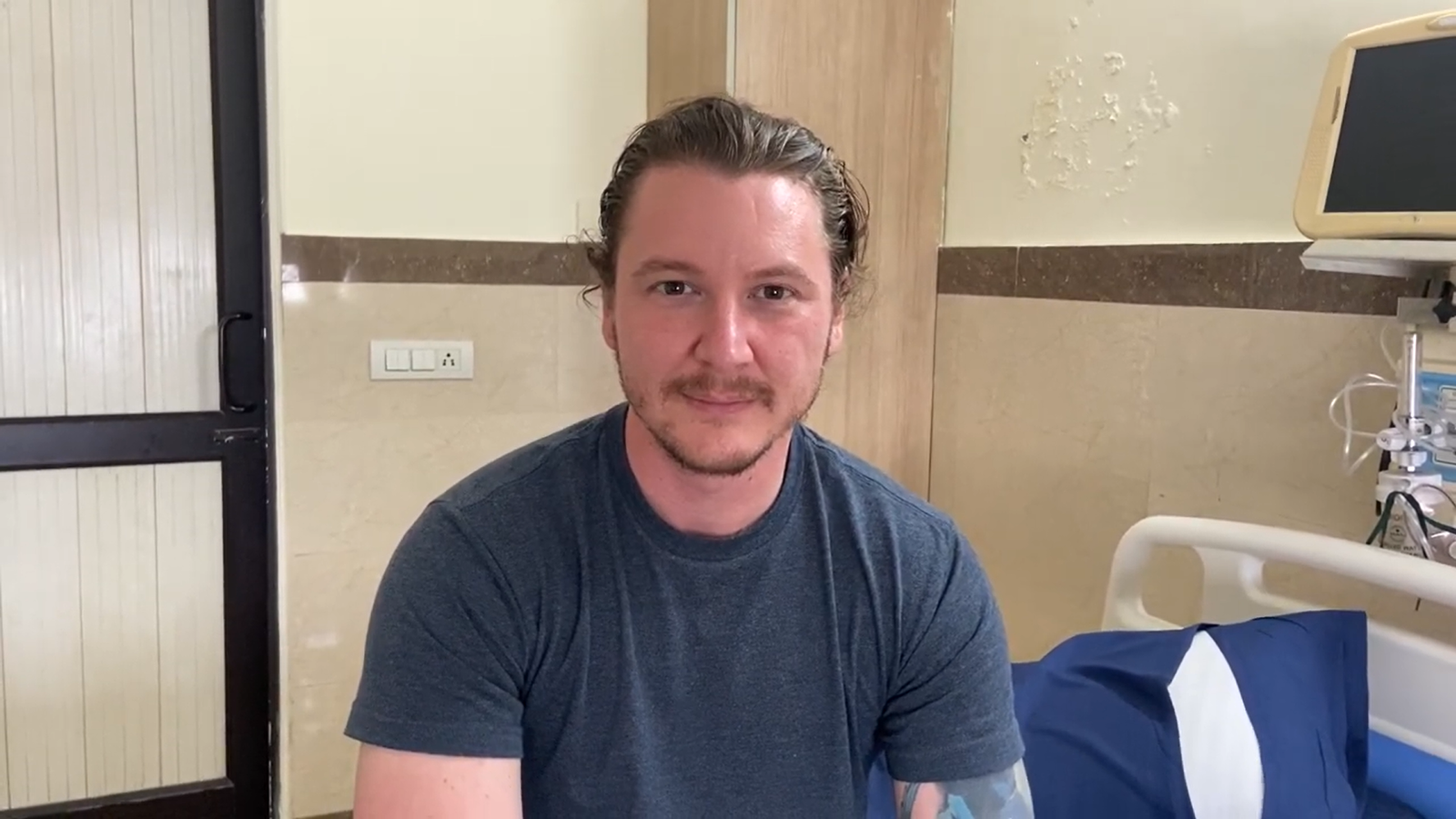For those battling lung cancer, immunotherapy—alone or in concert with traditional treatments—can greatly enhance results.
Lung cancer, the most often occurring cancer globally, affects around 2.1 million people annually and ranks first among cancer-related fatalities for men and women. Along with 130,000 fatalities in 2023, the United States alone is expected to have 240,000 new lung cancer cases. Every year, lung cancer takes more lives than cancer of the breast, prostate, and colon taken together.
Treatment Alternatives for Lung Cancer
Until recently, radiation, chemotherapy, and surgery were the accepted treatments for lung cancer. Although they greatly increase longevity and provide symptom relief, most lung cancer patients are diagnosed with advanced illness (stage 3b/4). Hence, these therapies are unlikely to cause complete cures.
The U.S. FDA authorized the first immunotherapy to treat a subgroup of lung cancer patients in 2015. Immunotherapy is a kind of treatment meant to assist a person’s immune system in either eradicating or regulating cancer. Recent clinical studies treating patients with immunotherapy, either alone or in combination with other treatments, have shown notable patient improvement, leading to FDA approval of many other immunotherapy options for more lung cancer patients, including approvals to treat patients with immunotherapy as a first-line therapy instead of conventional treatments.
Focused Antibodies
- Approved for subsets of people with non–small cell lung cancer (NSCLC), amivantam (RybrevantTM) is a bispecific antibody targeting EGFR and MET receptors on tumor cells.
- Approved for subsets of patients with advanced non-small cell lung cancer (NSCLC), including as a first-line treatment, bevacizumab (Avastin®) is a monoclonal antibody targeting the VEGF/VEGFR pathway and suppresses tumor blood vessel growth.
- Approved for subsets of individuals with advanced non-small cell lung cancer (NSCLC), including as a first-line treatment, necitumumab (Portrazza®) is a monoclonal antibody targeted targeting the EGFR pathway.
- Approved for subsets of patients with non-small cell lung cancer (NSCLC), including as a first-line treatment, ramucirumab (Cyramza®) is a monoclonal antibody that targets the VEGF/VEGFR2 pathway and reduces tumor blood vessel development.
- Approved for subsets of patients with advanced lung cancer, trastuzumab deruxtecan (Enhertu®) is an antibody-drug combination targeted at the HER2 pathway, delivering lethal medicines to tumors.
Immunomodulators:
- Approved for patients with advanced non-small cell lung cancer (NSCLC) and small cell lung cancer (SCLC), including as a first-line treatment in conjunction with chemotherapy, atezolizumab (Tecentriq®) is a checkpoint inhibitor targeted at the PD-1/PD-L1 pathway.
- Approved for a subgroup of patients with advanced non-small cell lung cancer (NSCLC), cemiplimab (Libtayo®) is a checkpoint inhibitor aiming at targeting the PD-1/PD-L1 pathway.
- Approved for subgroups of patients with advanced lung cancer with DNA mismatch repair failure (dMMR), dostarlimab (Jemperli) is a checkpoint inhibitor aiming to target the PD-1/PD-L1 pathway.
- Approved for subsets of patients with lung cancer, including in combination with tremelimumab, durvalumab (Imfinzi®) is a checkpoint inhibitor targeting the PD-1/PD-L1 pathway.
- Approved, in conjunction with nivolumab, as a first-line treatment, both with or without chemotherapy, for patients with advanced non-small cell lung cancer (NSCLC) and mesothelioma, ipilimumab (Yervoy®) is a checkpoint inhibitor targeted at the CTLA-4 pathway.
- Approved for patients with advanced non-small cell lung cancer (NSCLC) and mesothelioma in combination with ipilimumab, with or without chemotherapy; also approved for NSCLC in the neoadjuvant (pre-surgical) setting in combination with chemotherapy nivolumab (Opdivo®) targets the PD-1/PD-L1 pathway.
- Approved for patients with non-small cell lung cancer (NSCLC), including as a first-line treatment, an adjuvant (post-surgery) therapy, or in conjunction with chemotherapy, pembrolizumab (Keytruda®) is a checkpoint inhibitor targeted at the PD-1/PD-L1 pathway.
- Approved in conjunction with durvalumab and chemotherapy for subgroups of patients with metastatic lung cancer, tremelimumab (Imjudo®) is a checkpoint inhibitor targeted at the CTLA-4 pathway.
Combining Immunotherapy And Chemotherapy
When advanced SCLC strikes, the checkpoint inhibitors Tecentriq and Imfinzi may be used in conjunction with certain chemotherapy medications as the first treatment—and they can be kept on after chemotherapy as maintenance.
Sometimes, Keytruda, Tecentriq, or Libtayo are combined with chemotherapy as the first treatment for advanced NSCLC patients. Chemotherapy may also be used first in conjunction with checkpoint inhibitors Opdivo and Yervoy.
Conclusion
These medications occasionally cause your immune system to hyperactivate and function too effectively. More severe side effects like inflammation of your lungs, liver, kidneys, thyroid, and pituitary glands, or autoimmune diseases that might compromise an organ or gland could follow from this. Tell your doctor early on of any negative effects. Their chances of worsening are less probable the sooner they are addressed.
One of the most hopeful lung cancer treatments available in decades is immunotherapy. Clear evidence comes from the many present and upcoming clinical studies evaluating its efficacy. In their continuous battle against lung cancer, doctors expect it will show to be a useful weapon.

